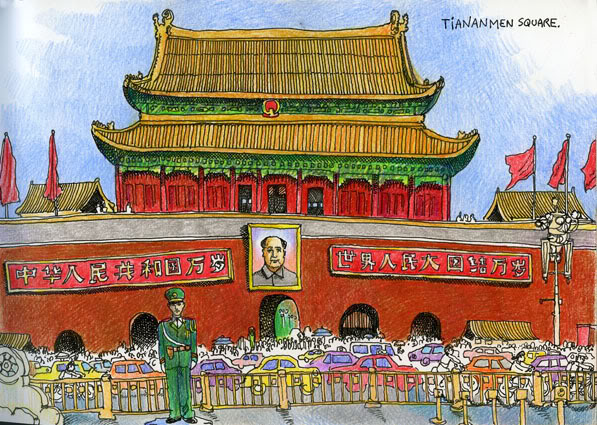
(TibetanReview.net, Dec 28, 2014) – China on Dec 22 issued a policy document, calling on ethnic minority officials to master Mandarin Chinese, while also urging Han officials, the dominant ethnic group in China, to learn the local dialects of the areas where they work. The document – “Opinions on Strengthening and Improving Ethnic Work in New Situations” – gives special attention to the cultivation of intellectuals in ethnically-diverse regions, especial those from minority backgrounds, reported China’s official Xinhua news agency Dec 22.
“Vigorously foster, audaciously select, fully trust and use officials from ethnically-diverse [backgrounds], and cultivate experienced Han officials in ethnically-diverse regions,” the guideline, issued by the Communist Party of China (CPC) Central Committee and the State Council, was quoted as saying.
The main stress of the policy document appears to be to promote Mandarin Chinese language while paying lip service to minority languages. The Xinhua report said the guideline laid out policies to help bilingual teachers who can teach students Mandarin while respecting the local tongue.
Nevertheless, on the rhetorical side, the guideline is quoted as saying: “China is a country built by all ethnic groups of the nation; Chinese culture is made up of the culture of all 56 ethnic groups; Chinese civilization is created by all ethnic groups; and the Chinese nation is a community of all ethnic groups.” The report also noted that while Mandarin is the country’s official tongue, minority languages are taught at school and in some cases widely used, although few Han officials make the effort to learn them or understand much about the local culture.
The report noted that during a conference in Sep 2014, attended by President Xi Jinping and Premier Li Keqiang, leapfrog development, mixing policy incentives with regions’ natural strengths, was proposed for ethnic regions. Leapfrog development almost inevitably means more Han immigration in ethnic minority regions.


